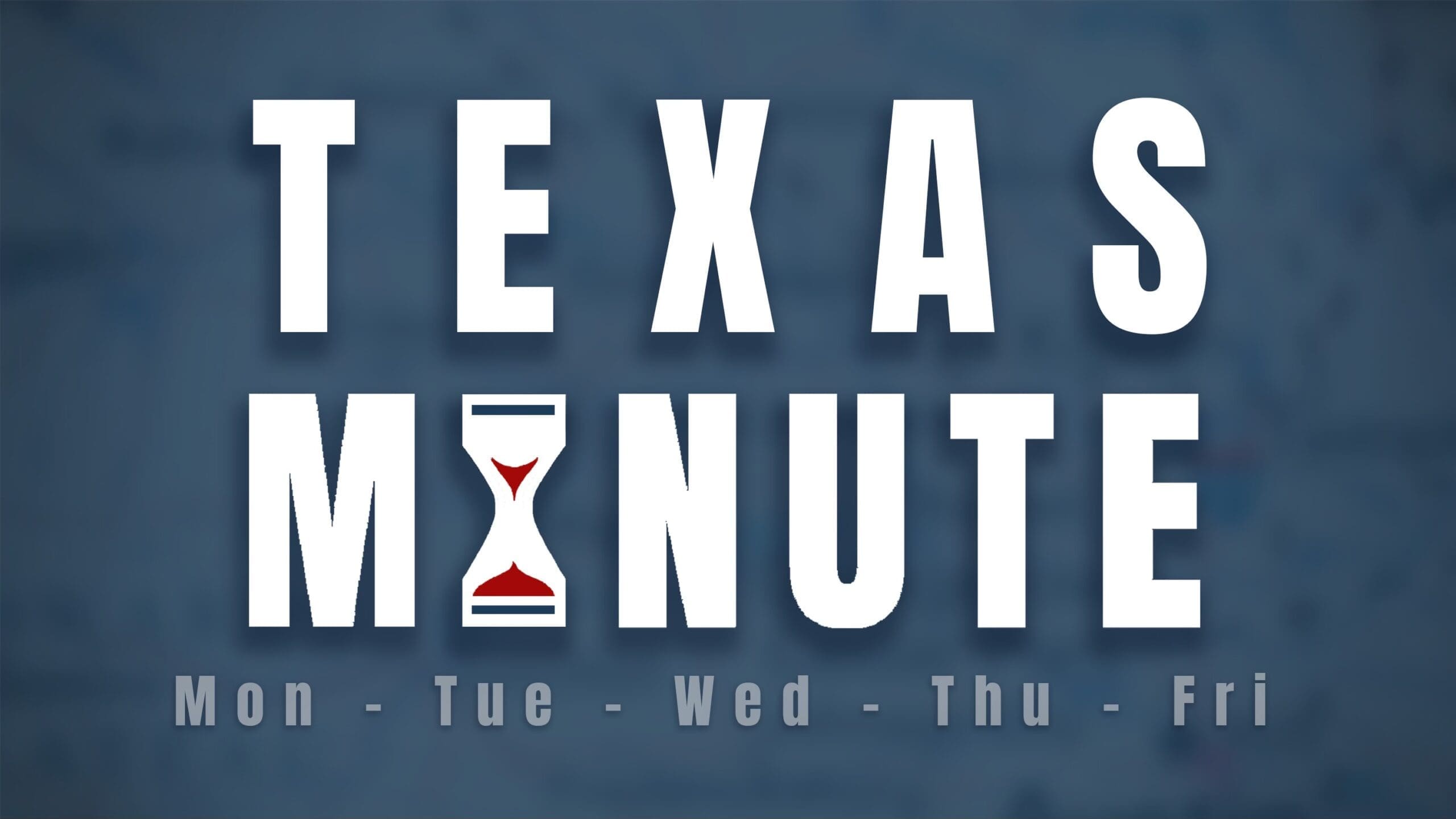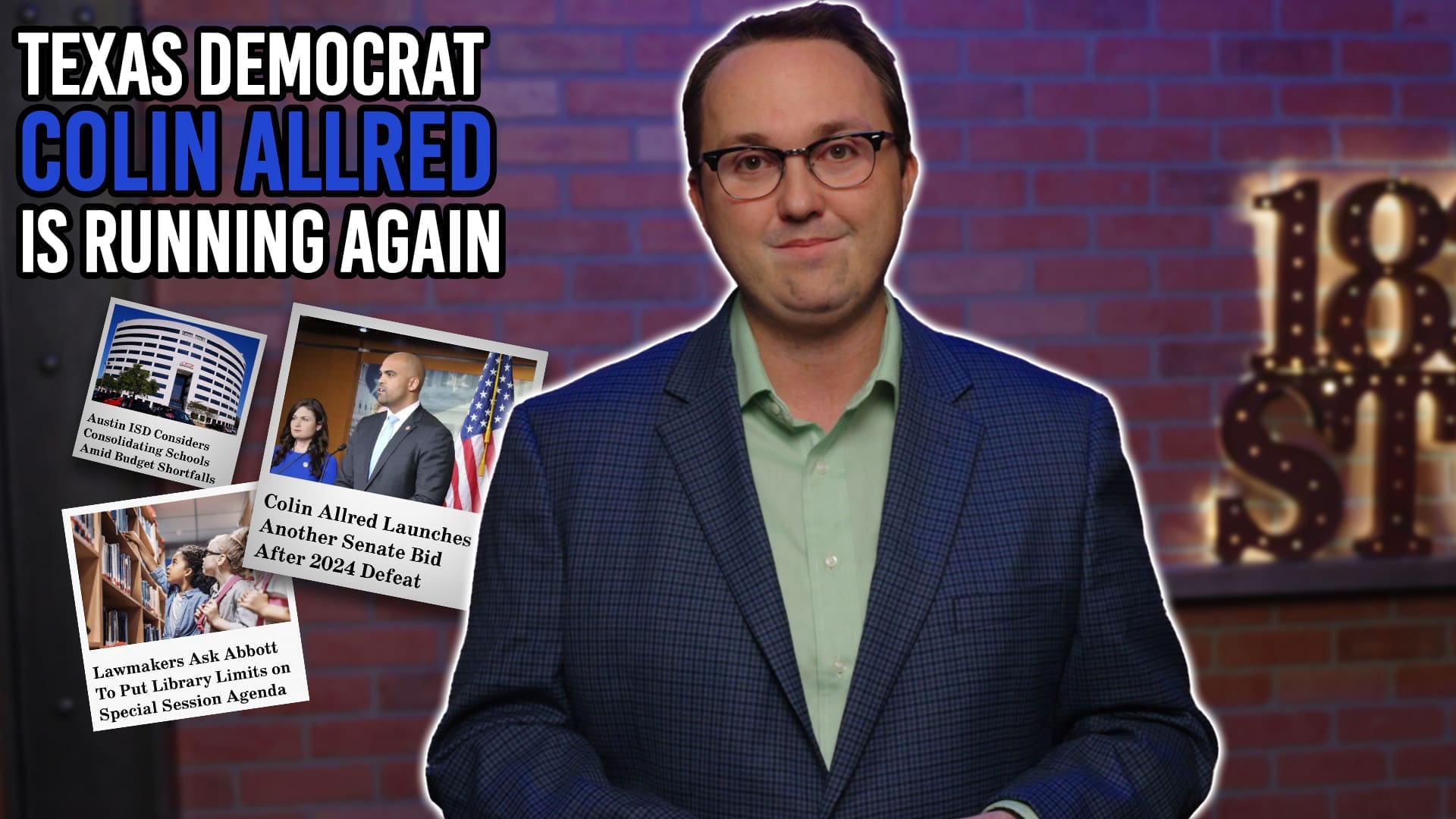With the closing of Houston’s filing deadline, some seventy-five candidates vying for Mayor, Controller, and City Council have emerged. But what may ultimately end up driving turnout are not these hotly contested elections, but the public vote for or against the controversial Houston Equal Rights Ordinance (HERO).
Leading up to November’s election there will be a lot of money spent from both sides of the issue.
Earlier in August, supporters for Mayor Annise Parker’s signature ordinance formed a group called Houston Unites. The group’s goal is to “prevent the repeal of Houston’s Equal Rights Ordinance (HERO) on the November ballot.”
They have since argued that removing this ordinance will endanger the likelihood of major sporting events coming to the city, such as the Super Bowl and NCAA Final Four. But these events have been planned for years prior to the introduction of HERO.
The group has started a public relations campaign to fundraise and gather the support needed to advance their goal. Some members have even garnered national media attention calling on Houston native, Beyoncé, to leverage some celebrity support for the campaign.
More recently, HERO opponents formally coalesced to create Campaign For Houston. The group combined forces between some of Houston’s religious leaders and many on the political right. The group says, “The ordinance limits free speech and religious expression in unprecedented ways so as to not ‘offend’ these two new ‘protected’ groups, both of which are defined by their behaviors – not by characteristics given to them at birth.”
The Campaign for Houston has won the first two of the battles in the ongoing HERO war, with the Supreme Court siding with them in regard to petition signatures and ballot language as called for in Houston’s governing charter.
Both campaigns have begun pushing ads on the radio, and both are also intent on raising and spending somewhere between $1 and 3 million on their cause.
Regardless of personal feelings about HERO, the true problem with the ordinance is that it isn’t about promoting equality, but discrimination. The ordinance empowers the city to persecute private citizens based on political or religious views.
What Houstonians really need is protection for all residents from the massive expansion of city government, including the power to discriminate.
The city, under the direction of HERO proponent Parker and her administration, has discriminated against charitable organizations by creating an ordinance to limit the scope of their ministries, and against the free speech of religious leaders by subpoenaing communications.
Houston’s government led by Parker manufactured a “solution” in HERO to a nonexistent problem, and that “solution” empowers the government to be the discriminator.
Parker’s insistence on saving her controversial law in light of the above policy failures provides the most compelling evidence that her primary concern is not serving the best interest of Houstonians, but rather to establish a legacy that’ll hopefully overshadow her fiscal failures.




